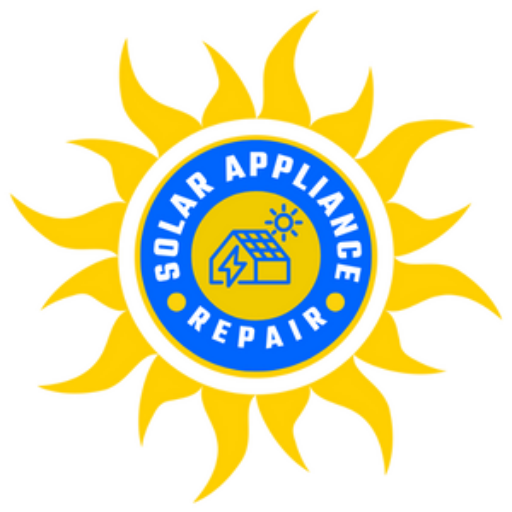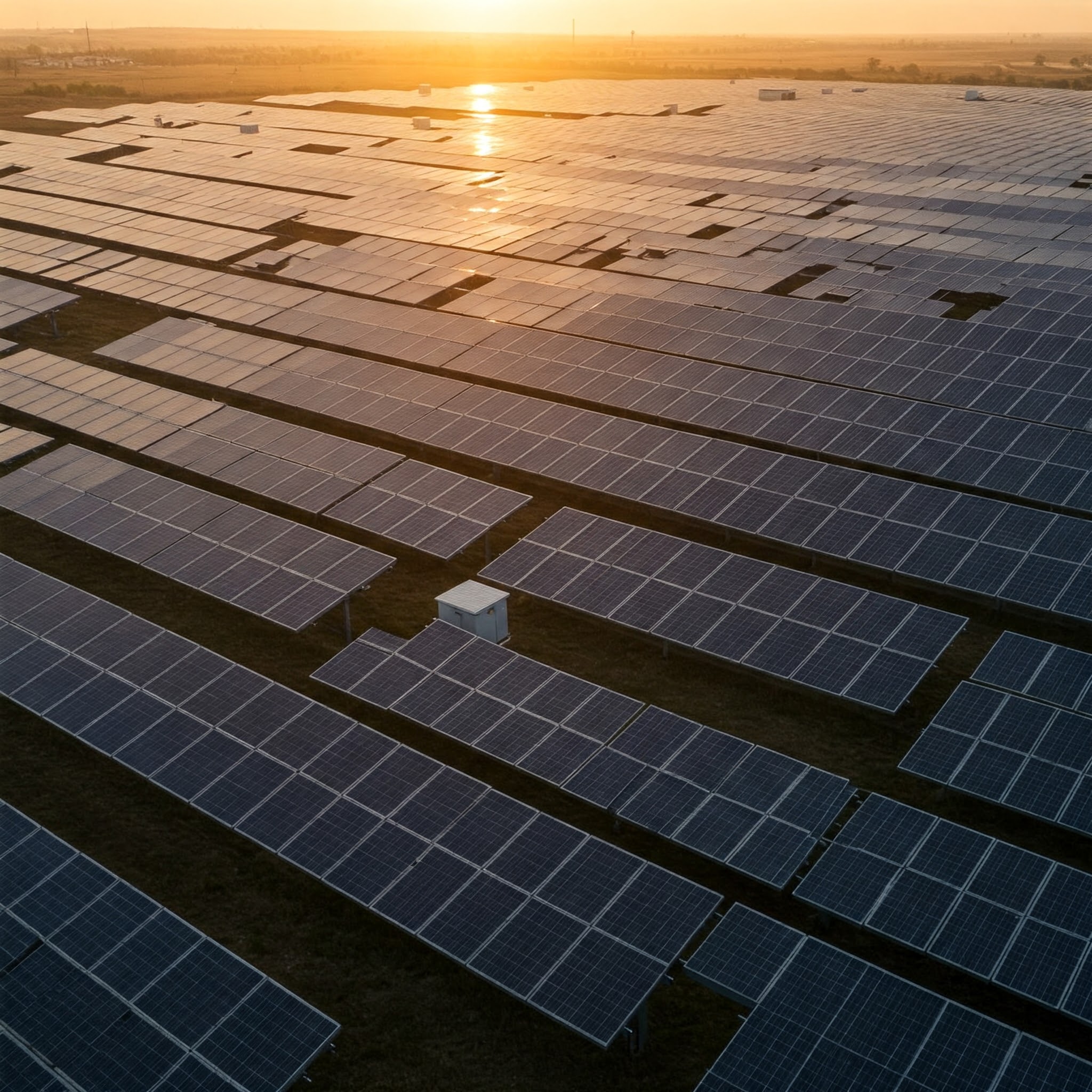The sun, our closest star, provides an abundant and renewable source of energy. Solar panels have emerged as a powerful technology, allowing us to harness this energy and power our homes and businesses. This guide will explore the workings of solar panels, their numerous benefits, and the crucial factors to consider when making the switch to solar power.
How Solar Panels Work
At the heart of solar panels lie photovoltaic (PV) cells, typically made of silicon. These cells possess a unique property: when exposed to sunlight, they generate an electric current. This phenomenon, known as the photovoltaic effect, forms the foundation of solar energy generation.
- Sunlight Absorption: When sunlight strikes a PV cell, photons (particles of light) interact with the cell’s material, dislodging electrons.
- Current Generation: This movement of electrons creates an electric current, known as direct current (DC).
- Inverter’s Role: A crucial component called an inverter converts this DC power into alternating current (AC) power, the type used to power most household appliances.
- Energy Distribution: The generated AC power can then be used to power your home or business, with excess energy typically fed back into the grid for credits.
The Advantages of Solar Power
- Reduced Electricity Bills: By generating your own electricity, you significantly lower your reliance on the grid and reduce your monthly energy bills.
- Environmental Sustainability: Solar power is a clean and renewable energy source that produces no greenhouse gas emissions, 1 combating climate change and reducing your carbon footprint.
1. rosebourneplumbing.co.uk
- Increased Home Value: Studies have shown that homes with solar panels often command a higher resale value, making it a worthwhile investment.
- Energy Independence: Solar power provides a degree of energy independence, reducing your reliance on the grid and potentially mitigating the impact of power outages.
- Government Incentives: Many governments offer financial incentives such as tax credits and rebates to encourage the adoption of solar energy.
Choosing the Right Solar Panels
Selecting the appropriate solar panel system requires careful consideration:
- Energy Needs: Assess your household’s energy consumption patterns to determine the size and capacity of the solar system required to meet your needs.
- Roof Suitability: Evaluate your roof’s orientation, slope, and shade to determine its suitability for solar panel installation.
- Budget: Solar panel systems vary in cost, so establish a budget and explore financing options such as loans or leases.
- Panel Technology: Research different types of solar panels, such as monocrystalline, polycrystalline, and thin-film, to determine the most suitable option for your specific needs and budget.
- Professional Installation: Always choose a reputable and experienced solar installer to ensure a safe and efficient installation.
Maintaining Your Solar Panels
Solar panels require minimal maintenance. Regular cleaning to remove dust, debris, and bird droppings can help optimize their performance. Periodic inspections by a qualified technician can identify and address any potential issues.
Embracing the Solar Revolution
Solar energy represents a significant step towards a more sustainable and energy-independent future. By embracing this technology, homeowners and businesses can contribute to a cleaner environment while enjoying the numerous economic and environmental benefits of solar power.

